Women and Law in India: An Omnibus Comprising
This omnibus brings together three significant works on gender equality which comprehensively analyse key issues including women's rights, social justice, and empowerment. Together, the books span legal change in India over two centuries when women's rights were negotiated, rewritten and coded. In doing so they provide a comprehensive and significant understanding of why progressive laws, once passed, continue to be implemented in such a limited manner. They highlight the fact that legislations in the past fifty years have not brought gender equality in any real sense. Law and Gender Inequality maps the issue of gender and law reforms upon a canvas of history and politics, and explores strategies which could safeguard women's rights within India's sphere of complex social and political boundaries. Flavia Agnes provides an invaluable analysis of the current debate on the Uniform Civil Code. She pinpoints the central issue in this context, that of arresting the trend of destitution and consequential impoverishment of Indian women from all religious communities. In Enslaved Daughters, Sudhir Chandra studies the case of Rukhmabai whose legal crusade for freedom from conjugal claims of the husband she disliked sparked off a social and political debate on the position of women in society. The author reveals the inner working of the legal system during the colonial period and studies the conflicting and overlapping ideologies underpinning it. In Hindu Women and Marriage Law, Monmayee Basu studies the development and changes in Hindu marriage laws over the last 150 years. She analyses highly contentious issues like child marriage, dowry, sati, widow remarriage, and divorce laws to explain constructions of women's position in society. She also reviews remedial legislative measures to conclude that although the position of married women under Hindu law has undergone much transformation, in actual practice, little social benefit has resulted. In an introduction especially written for this collection, social activist and women's rights lawyer Flavia Agnes explores the complex relationship between notions of patriarchy, sexuality, property, and the manner in which they are normalized and essentialized through state intervention and judicial discourse.This omnibus will interest social workers, activists, and NGOs working in the area of women's empowerment and justice. It will also be useful to researchers and students of law and gender studies.
Get it now and save 10%
BECOME A MEMBER

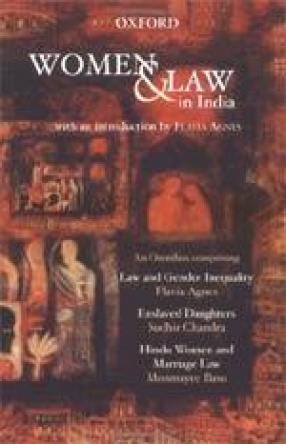

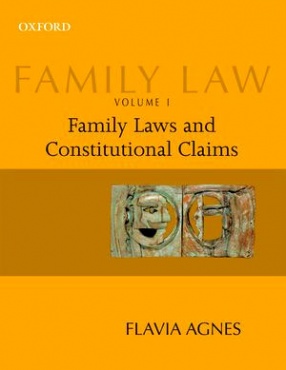

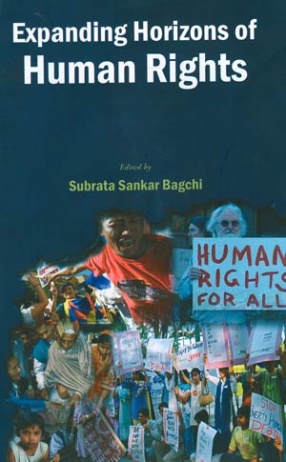

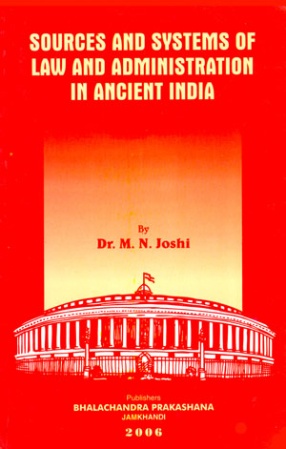
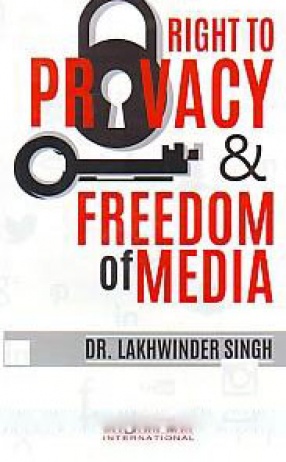

Bibliographic information